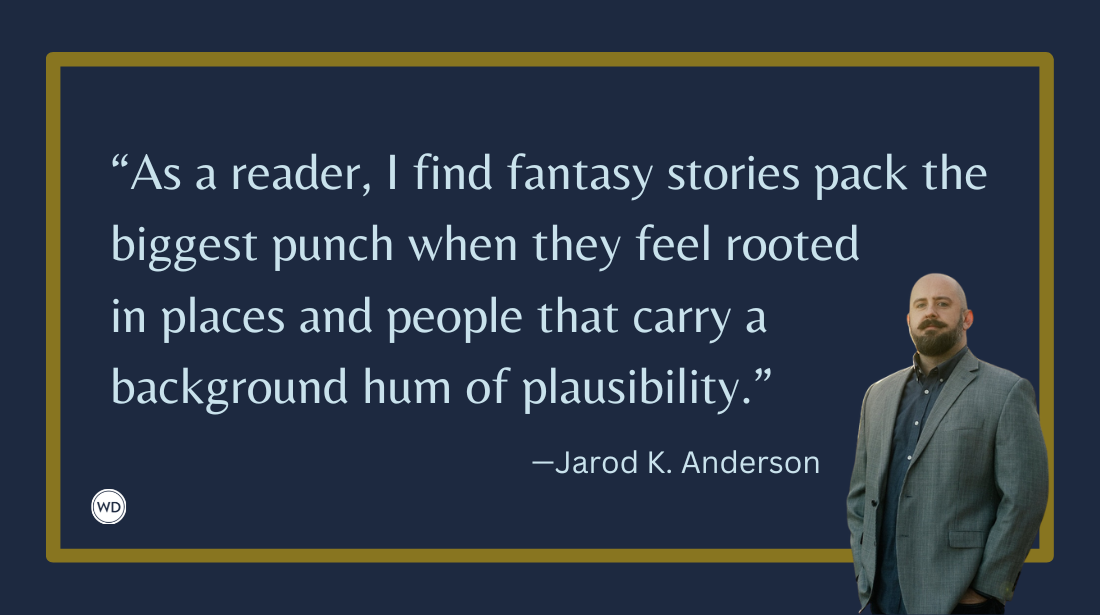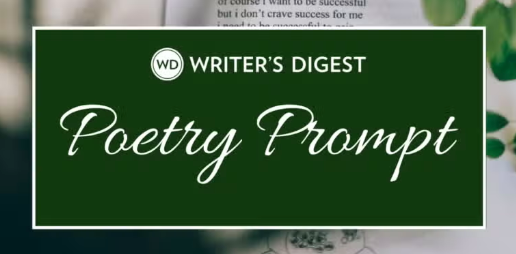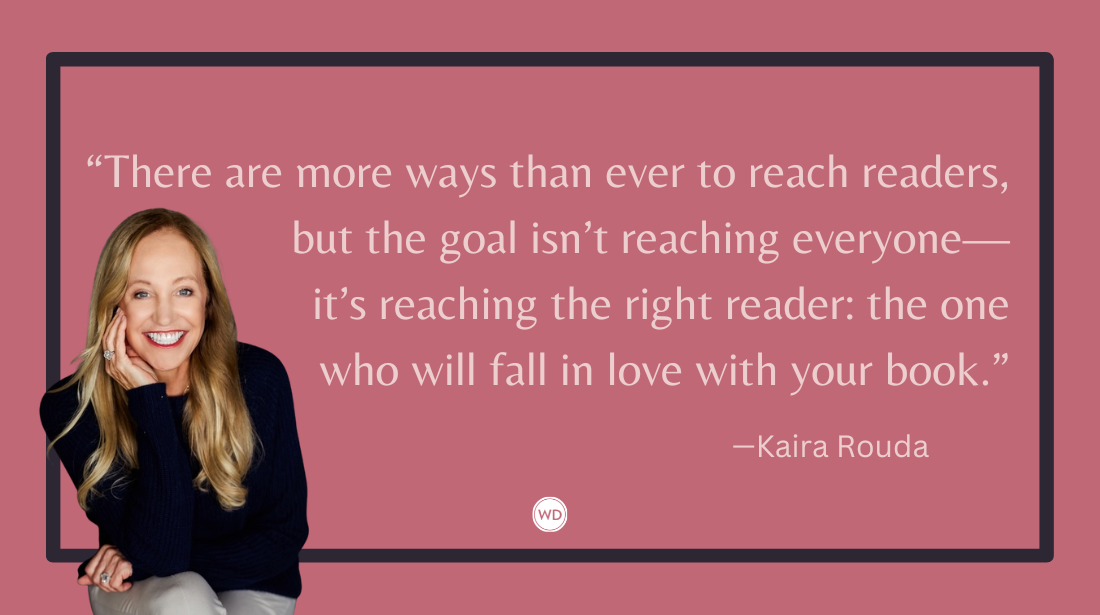How Do I Get My Poetry Published?
Learn how to get your poetry published, whether you’re trying to get a poem or an entire book of poems published.
As the editor of Poet's Market, I've been asked many times over the years how to get poetry published. Recently, it feels like several people have been asking again. So I figure I can keep typing up a similar answer for each person, or I can make a post that I can refer people to now and in the future.
So without further ado, let's look at how to get your poetry published.
How Do I Get My Poetry Published?
There are a few different answers to this depending on multiple factors. First, are you trying to get poems published or an entire collection? Second, are you trying to get traditionally published (by a publisher that accepts and maybe even pays for your writing) or do you wish to self-publish (aka, the DIY option)?
So let's take this step by step for the traditional route:
- Traditionally publish poems. Most poets start traditionally publishing their poems one at a time. To do this, poets usually submit three to six poems at a time to print or online poetry publications (following their submission guidelines). Some publications will accept one poem (if any) at a time; others may accept multiple poems at a time.
- Traditionally publish a collection (or book) of poems. There are a few ways to accomplish this: Submit to a poetry press during an open submission period and/or submit to a poetry contest. While it's not a rule carved in stone, many publishers like a poet to have published 20% to 60% of their poems previously in publications to prove they have an audience for their poetry and that the poet is invested in their craft. As one publisher told me once, it shows that the poet is committed to their craft and poetry career.
Do I Need a Literary Agent?
Literary agents rarely represent poets. When they do, it's usually because the poet is a really big deal already (lots of awards, honors, etc.) and/or the poet also writes fiction or nonfiction. This is because literary agents make their money based off commission, and there's not a lot of money in poetry in general.
So the answer to the question is, "No, you don't need a literary agent to publish your poetry book." In fact, it's not likely you'd land one before you've established yourself with awards and publications.
What About the Self-Publishing Route?
Any writer, including poets, can publish their work with the self-publishing route. That is, they can print book through a printer, make them available through a print-on-demand (or POD) service, and/or sell them as ebooks.
Beyond that, poets can make their work available for free as ebooks, via blogs, and/or social media. It's literally never been easier for a poet to self-publish their work and make it available to other people. The problem is connecting with other people who are interested in your work, because unlike the Field of Dreams, you can build it, but it doesn't mean anyone will come to check it out.
So if you decide to go the self-publishing route, think about why you're doing it and whether you've got a way to share your writing with other people. Maybe you're able to expand your reach via social media. But be honest, because it's also possible you're only reaching a handful of friends and family members. That may be good enough, just realize what your goals are.
If you have more poetry publishing questions, please share them in the comments below or send me an email at rbrewer@aimmedia.com, and I may answer in a future post.
*****
Play with poetic forms!
Poetic forms are fun poetic games, and this digital guide collects more than 100 poetic forms, including more established poetic forms (like sestinas and sonnets) and newer invented forms (like golden shovels and fibs).









